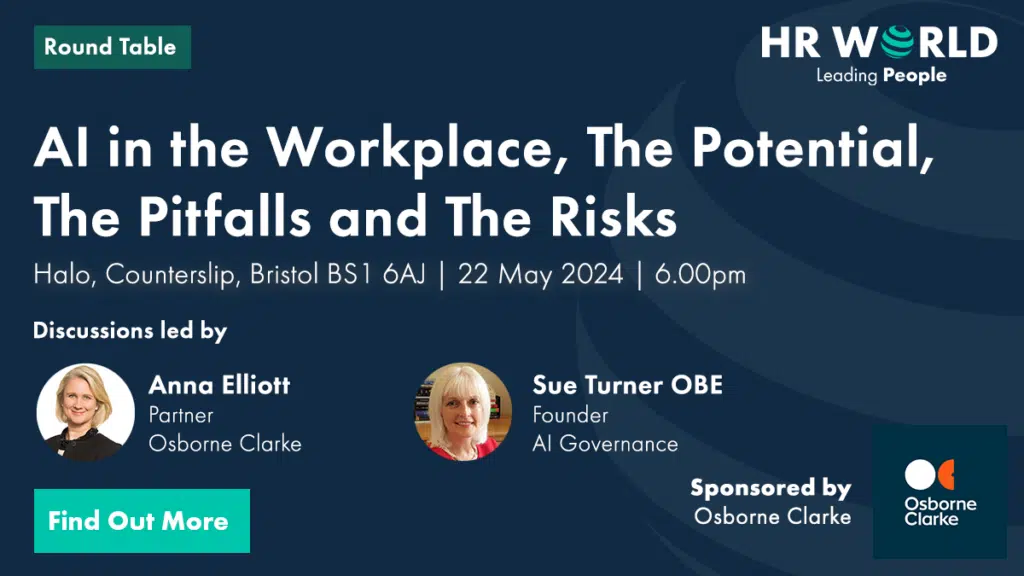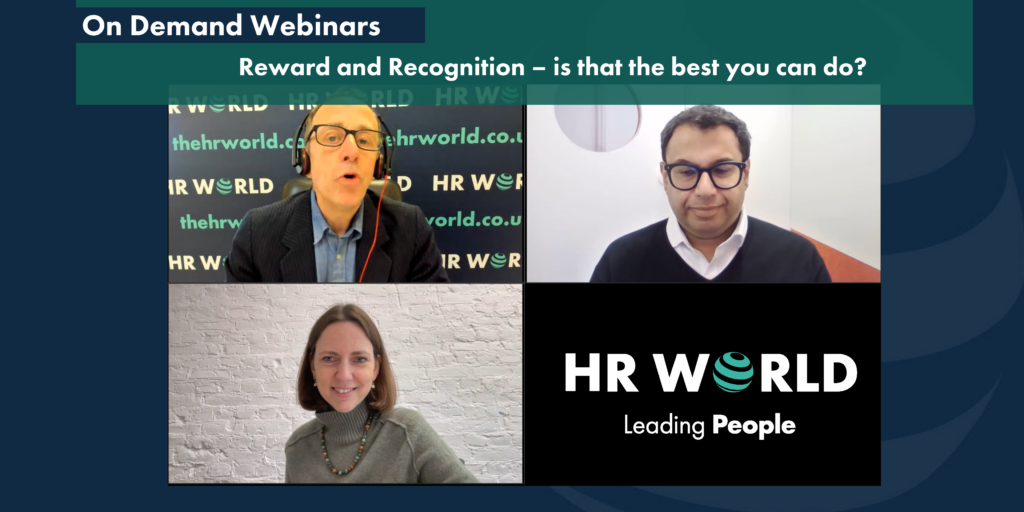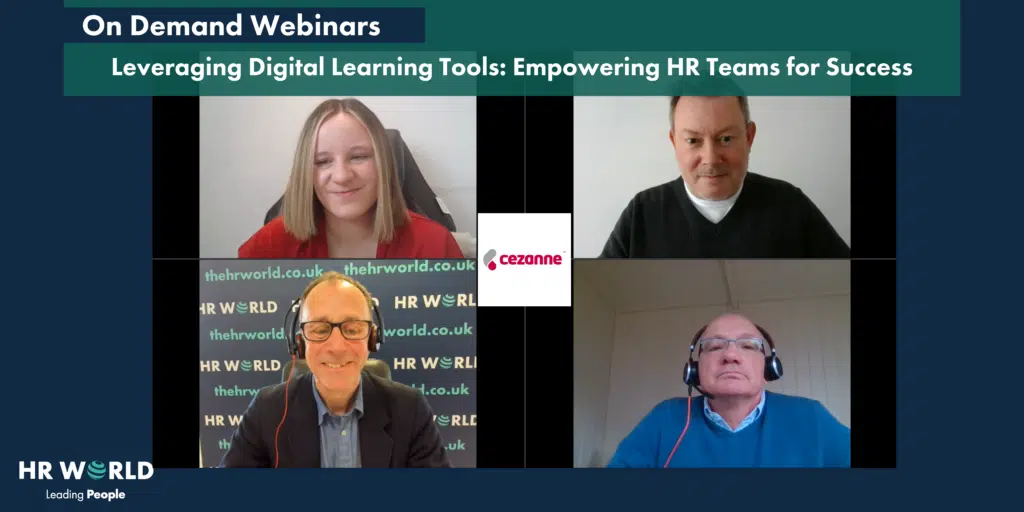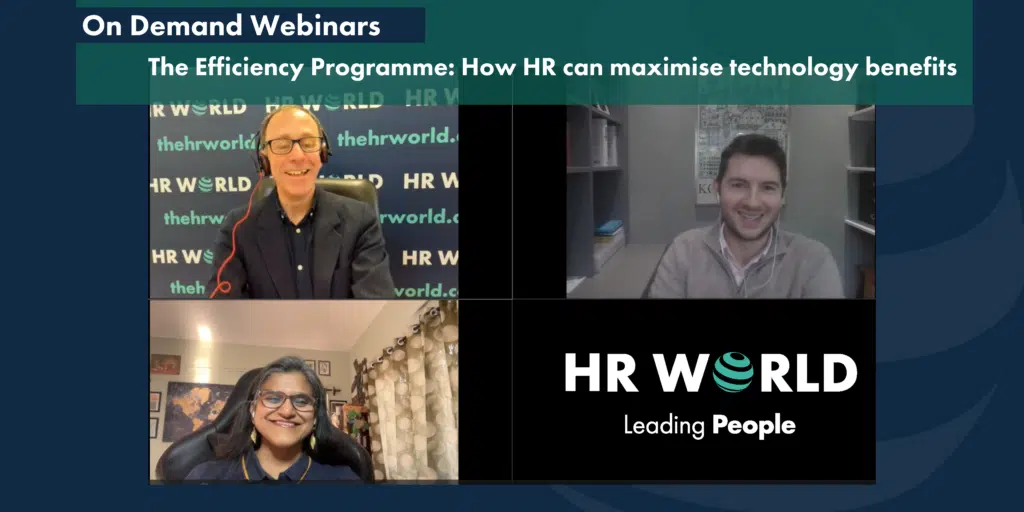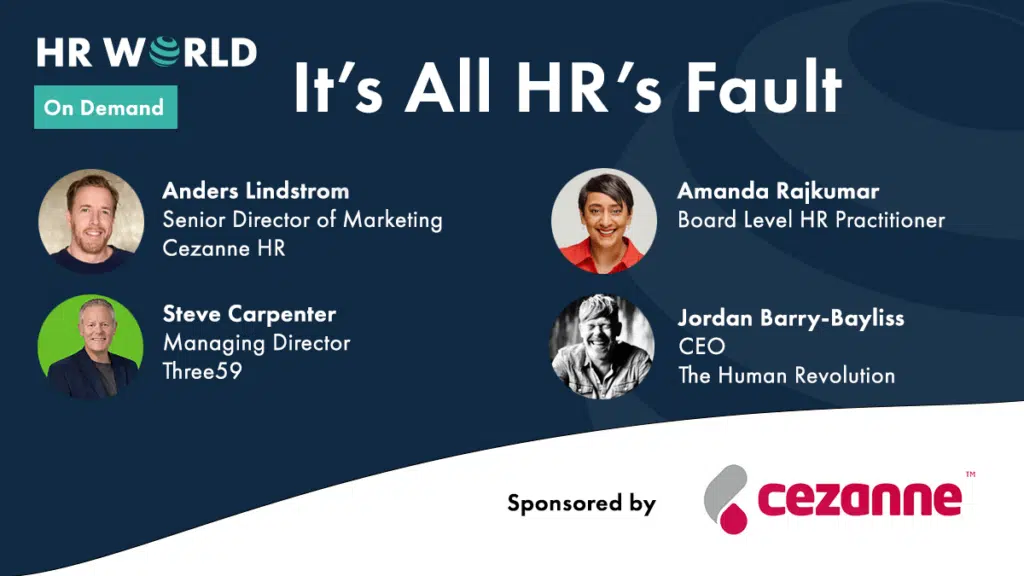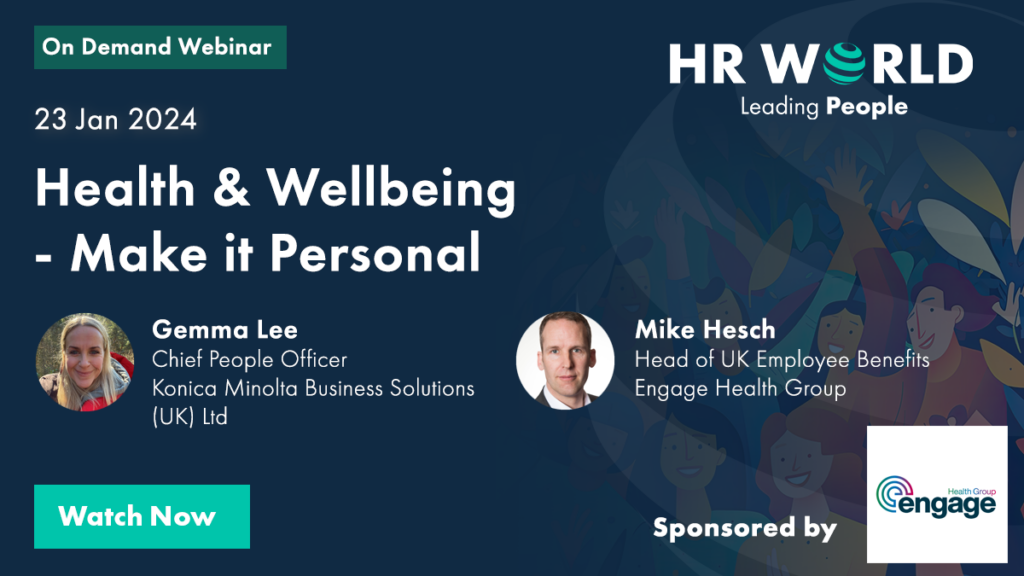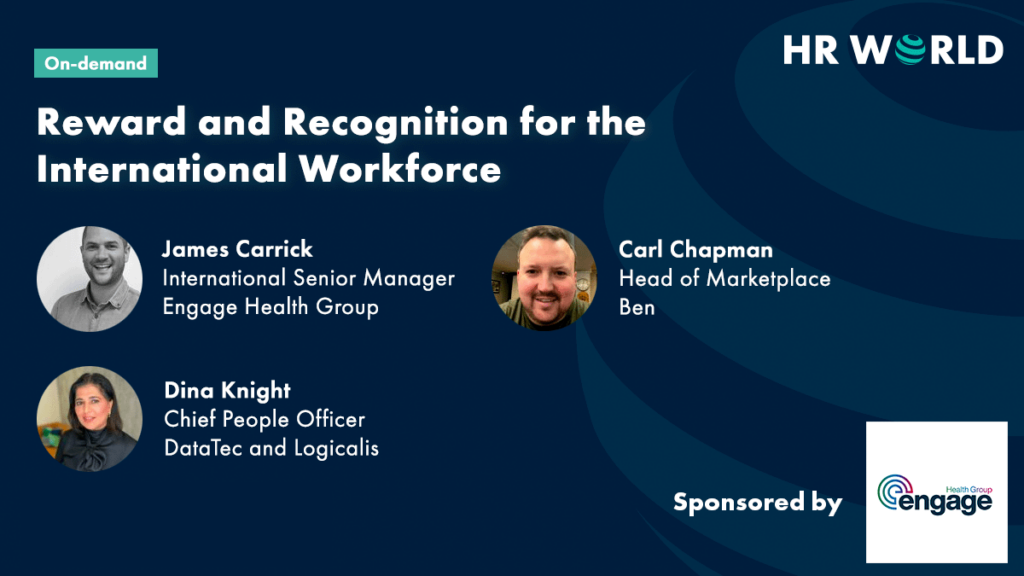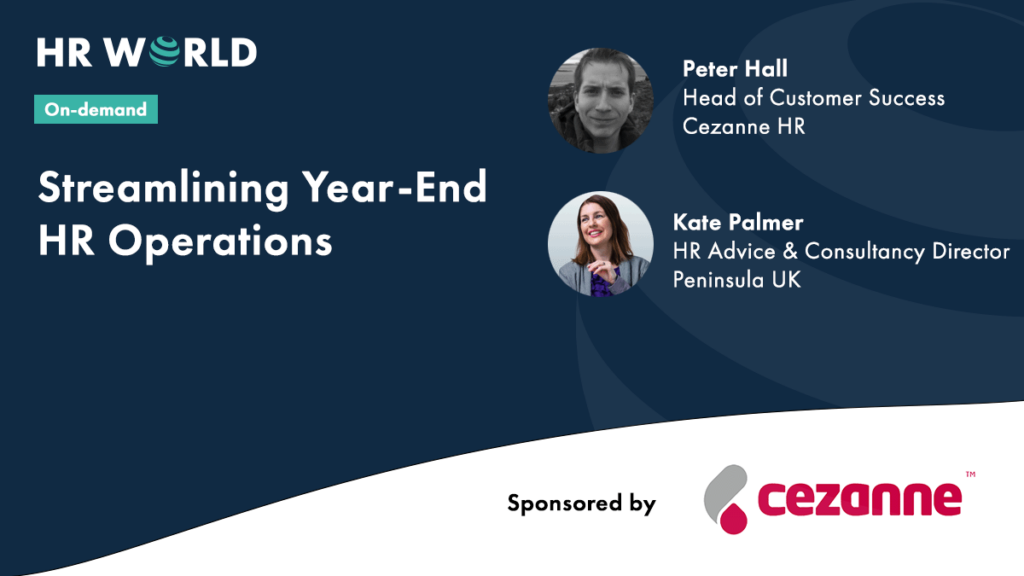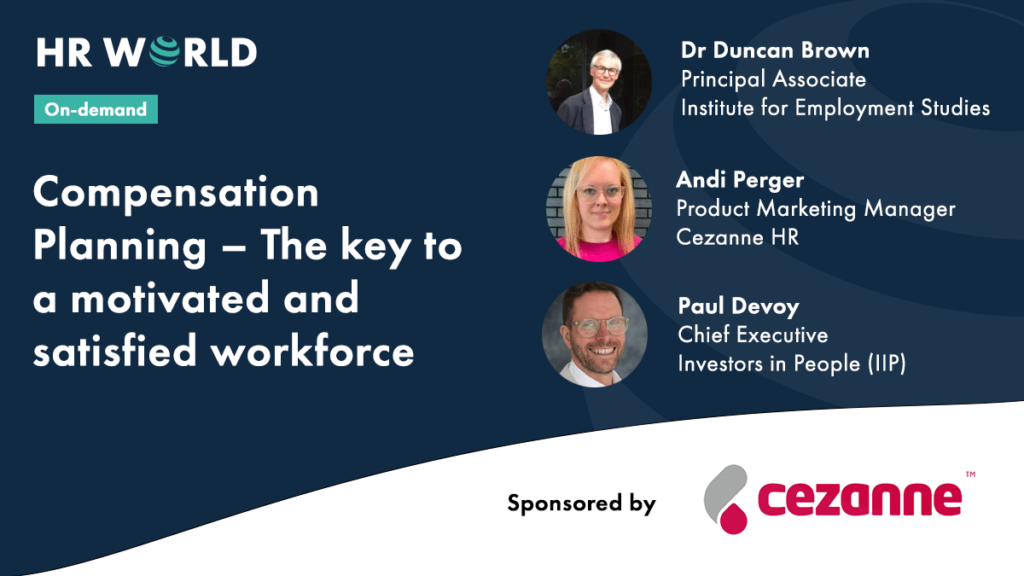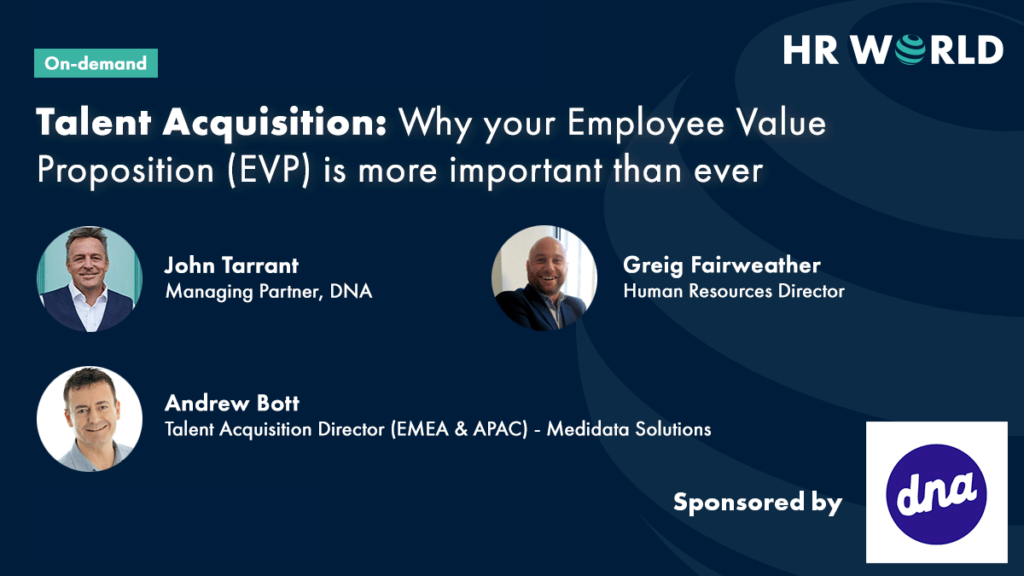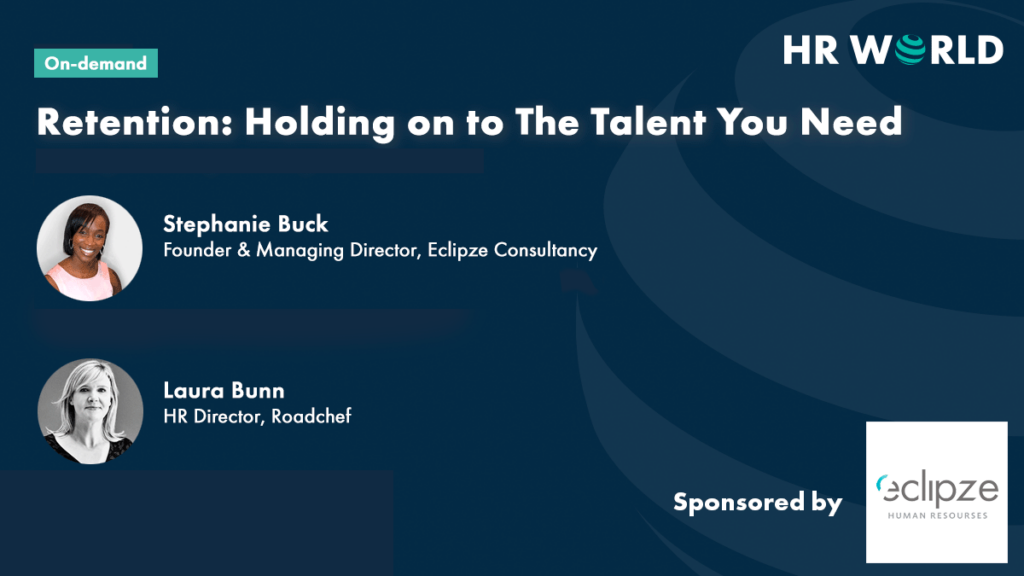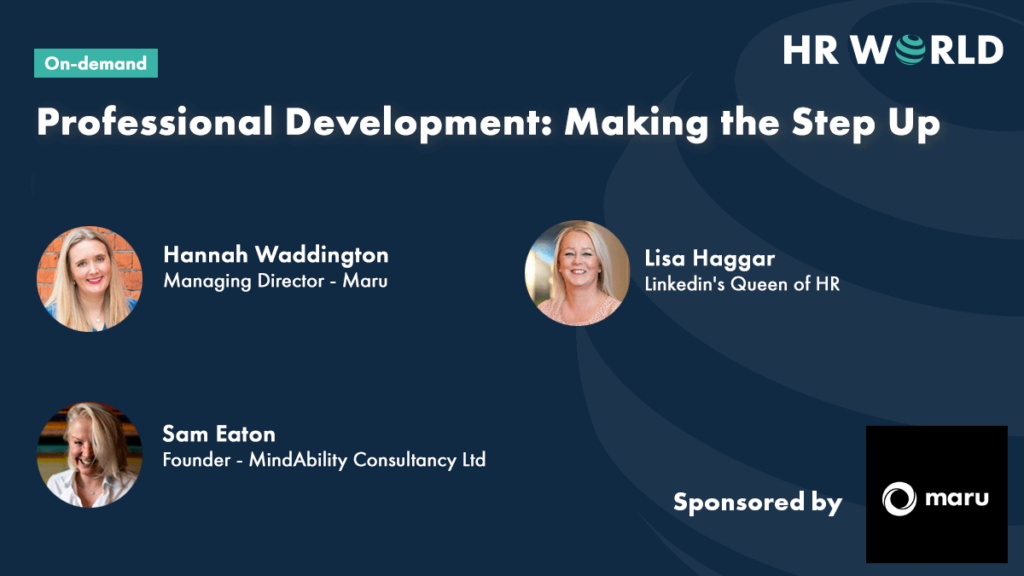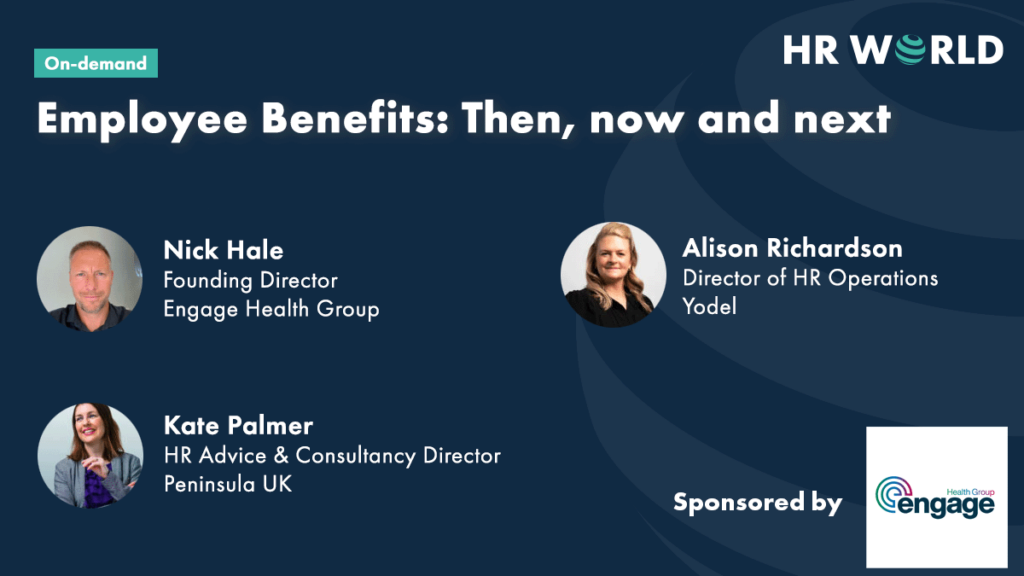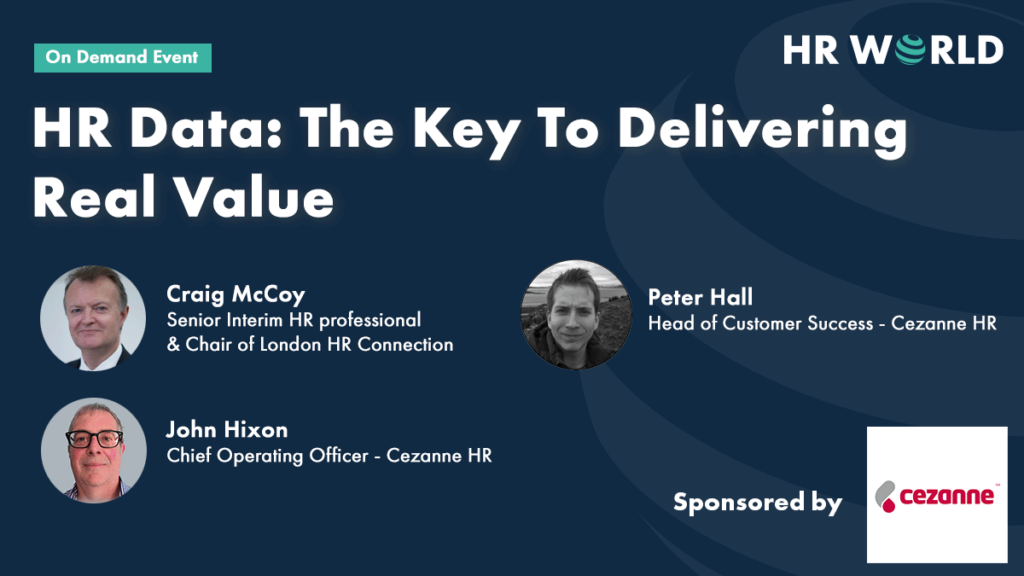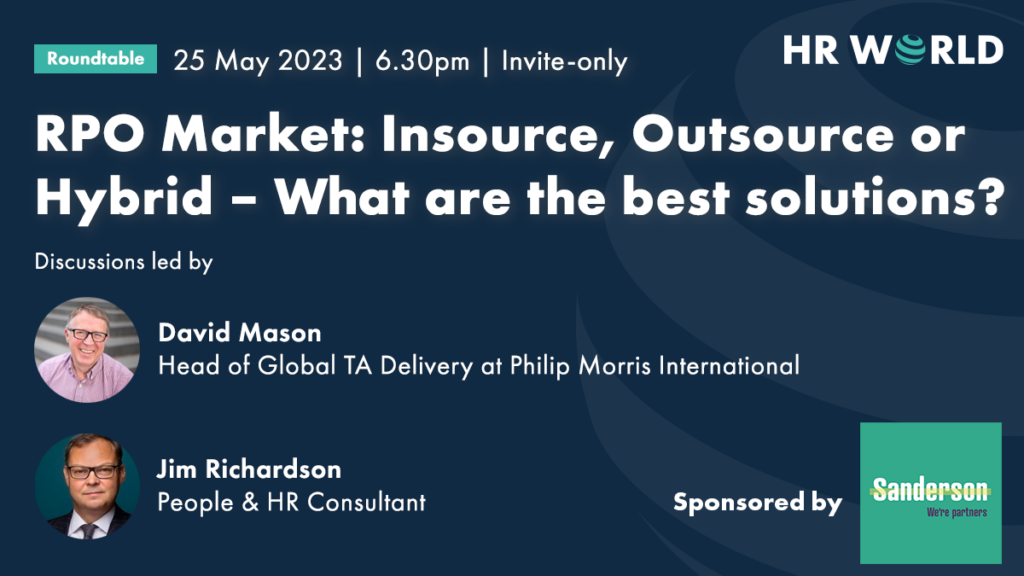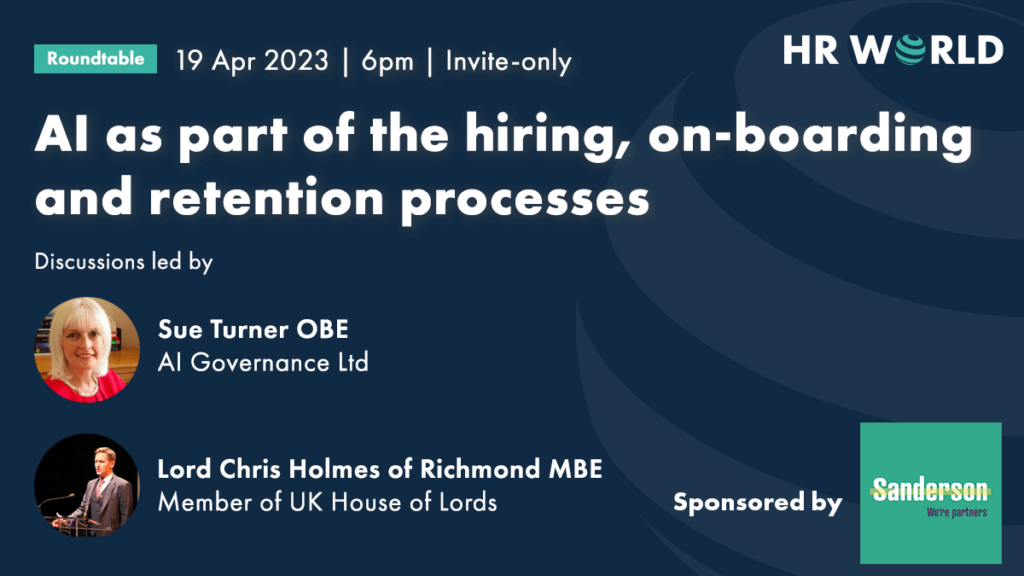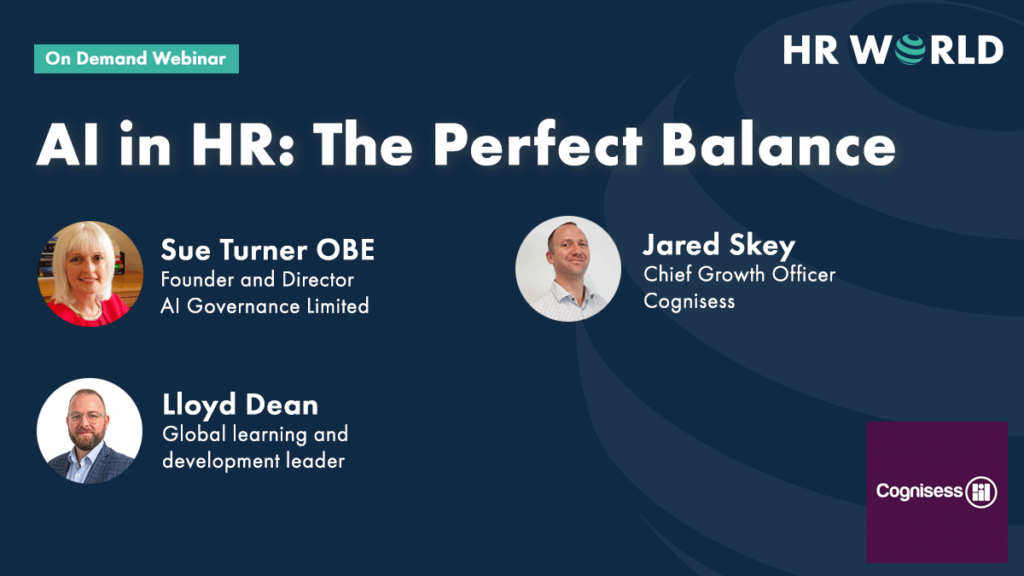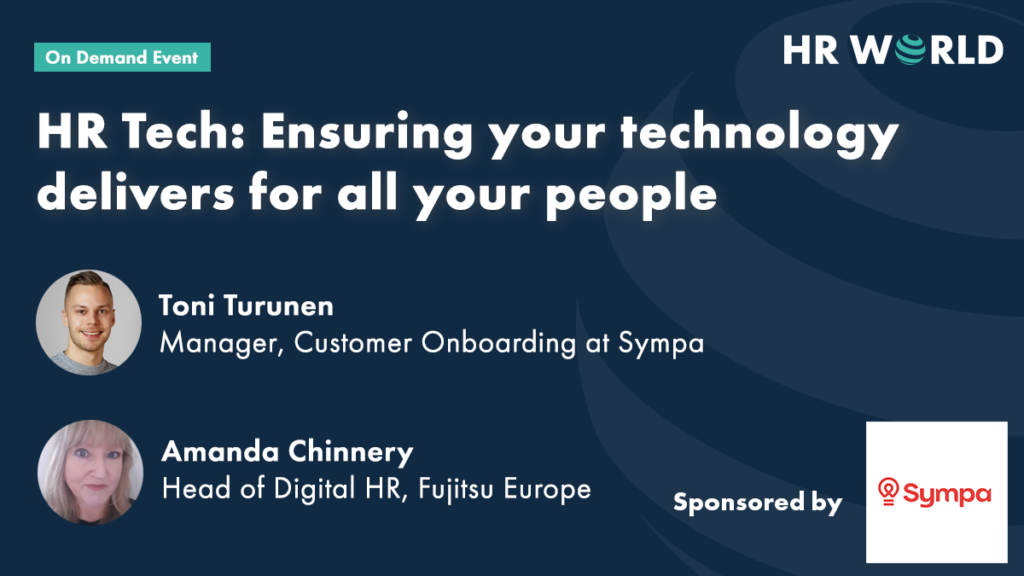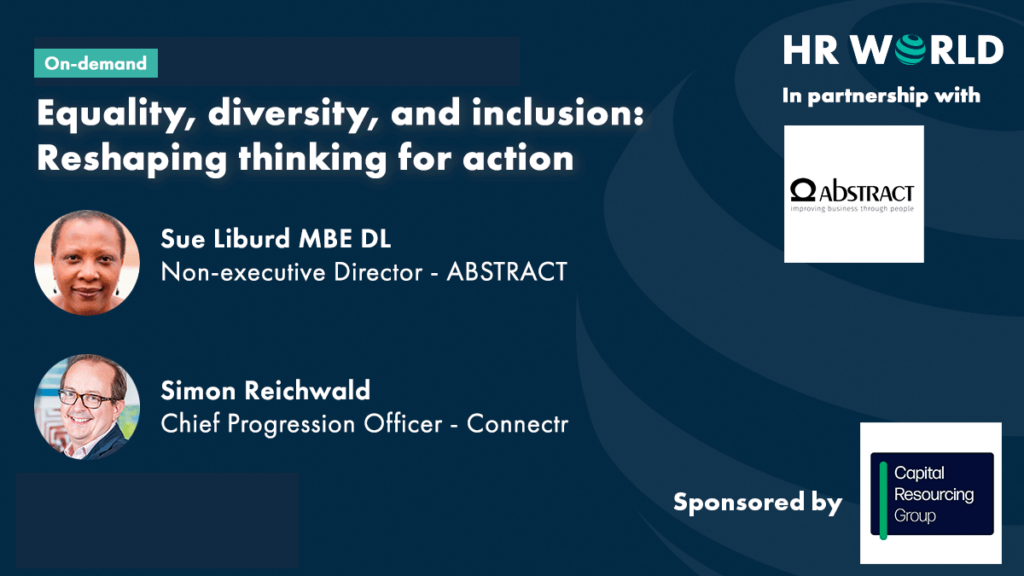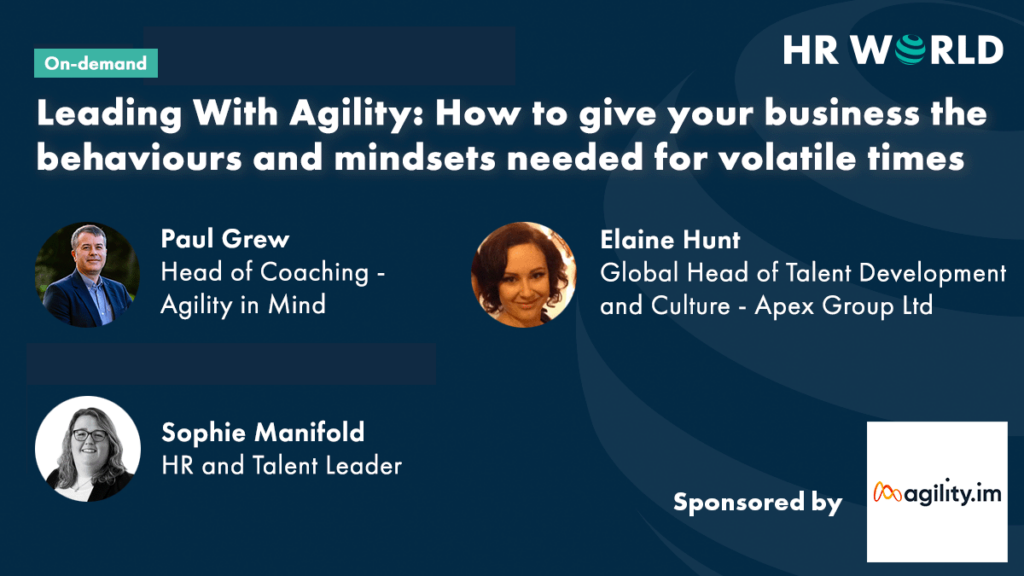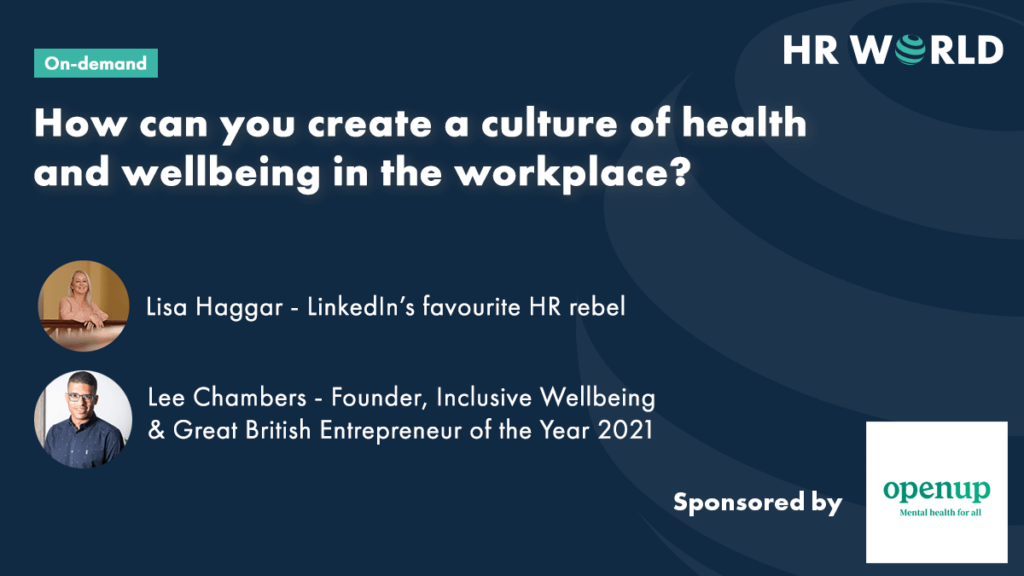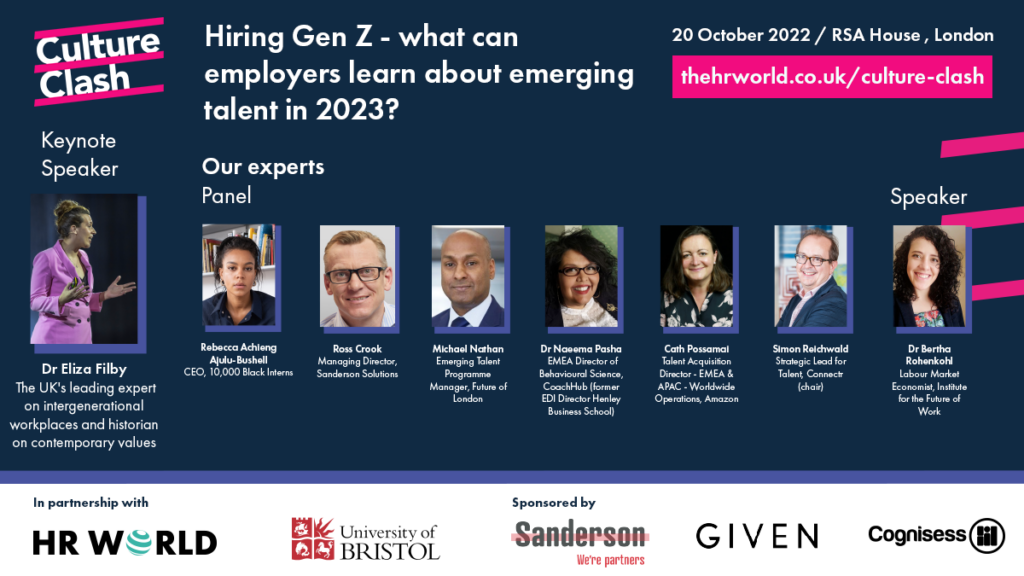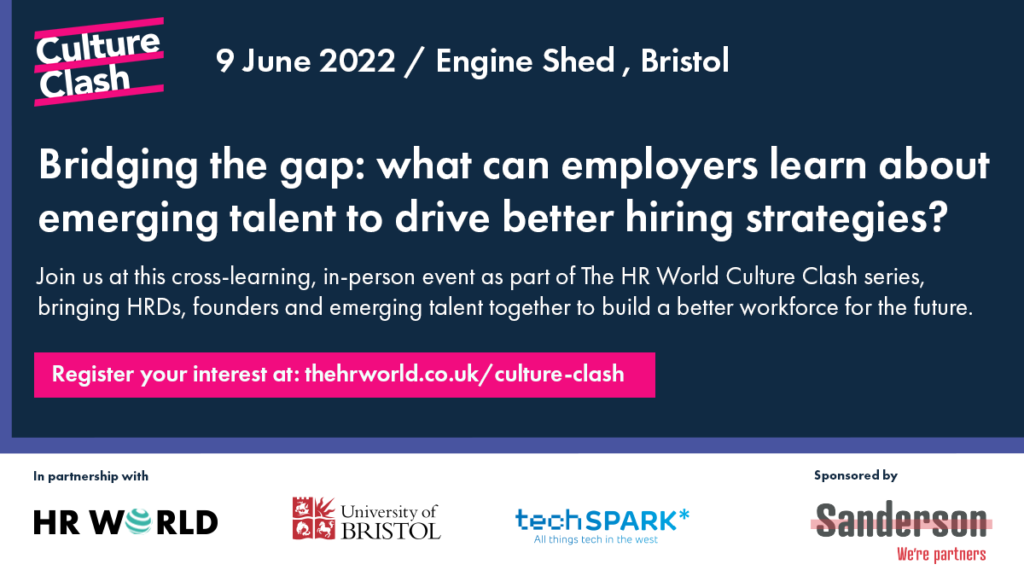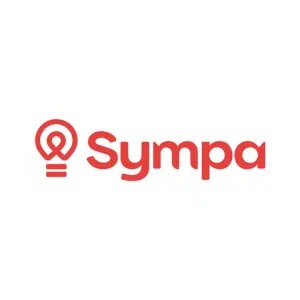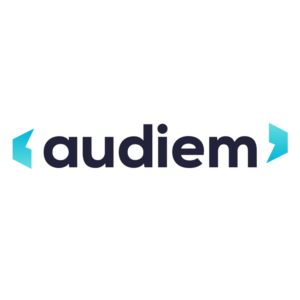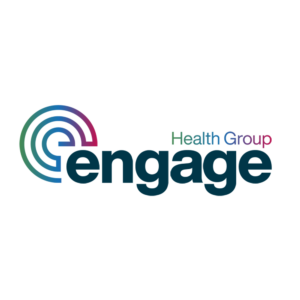Home » Knowledge Hub » Professional Development » Supporting neurodiverse employees taking on additional training
Supporting neurodiverse employees taking on additional training
23 August 2021 Professional Development

The pandemic has had a huge impact on the employment landscape, and therefore retraining has become a crucial element of the Government’s recovery plan.
Many will be undertaking additional training or qualifications alongside working in order to upskill and gain employability.
On top of this, between 30% and 40% of the population is thought to be neurodiverse, meaning a significant number of employees in workplaces across the UK are likely to have hidden learning needs – needs that have never been fully supported and may have prevented them from gaining qualifications earlier in life.
Encouraging these employees to undertake training to gain these qualifications should be a priority for employers: the Higher Education Careers Services Unit and the Department for Business, Innovation and Skills found that 69% of those who studied outside of work said their course improved both their confidence at work and their job performance.
81% reported improvements to their personal development, and 70% said their self-confidence had increased.
Given these advantages, HR professionals and business leaders must be ready to support these adult learners, so that they can fulfil their full potential.
A common problem for those taking on additional study outside of work is a lack of employer flexibility; they may feel unable to juggle their work, life and studying.
Those in lower income brackets, in particular, may need greater access to flexible working arrangements to minimise loss of earnings.
Flexible working can involve switching to four-day weeks and making up the remaining hours throughout the week, enabling employees to dedicate a day to their studies.
Alternatively, it may help them to begin work earlier in the day and therefore leave earlier.
The ability to manage their own time is possibly the best form of support an employer can give.
For individuals whose cognitive needs prevented them from fully capitalising on education opportunities previously, particular support will be needed and employers should create an environment of openness and encouragement from the get-go.
People often worry about hidden biases and about being ‘judged’ on the perception that they are less able with regards to certain activities if they have learning needs that need support.
They may think they will be seen differently once this becomes common knowledge. However, creating a more open culture can start by having conversations upfront about how best to work with others who think and learn differently.
People generally tend to think only a small percentage of the population is neurodiverse, but in fact, our brains are all unique and different, just like our fingerprints but far more complex.
There’s no such thing as a ‘perfectly normal’ brain, and so we all think and process information differently.
It can be helpful for teams to have honest conversations about their various needs in the workplace, in order to normalise the concept that everybody thinks and learns differently.
One member of the team might discuss their issues with executive function, for example.
This could involve asking them to ensure meetings or Zoom calls are always kept concise and agendas are shared in advance, as they struggle with maintaining concentration.
Furthermore, another team member may share that they struggle a little more with verbal memory and may require more time to remember important information or processes.
Having these conversations upfront can create a more open culture; with everybody aware of the vast range of people’s cognitive needs, it is no longer likely to be an issue to be avoided or shied away from.
Technology can also be a way forward in terms of including and supporting those within the workplace that have additional learning needs.
There exists the capability and tools for mapping brain profiles and understanding areas of both strength and weakness.
If employees take a cognitive assessment as part of the onboarding process, it becomes easier to see cognitive differences and apply those diversities to roles and teams, regardless of whether they are adult learners or not.
This leads to a more open and inclusive workplace culture overall, but also ensures employers and employees are better armed with the tools they need to work effectively, improve support structures and reach their full potential together.
Demonstrating support for employees who are taking on this extra work is an important way of showing them they are valued members of the organisation.
This is likely to translate into greater levels of motivation and commitment from these individuals, which is of great benefit. Motivated staff are more productive and more likely to remain with their employer, minimising the loss of organisational knowledge and experience.
One4all found that 39% of employees would work harder if they were happy in their role or place of work, and P&MM found that employees stay an average of four years longer when their work is recognised by their manager or a colleague – so it pays to be supportive.
Our economic recovery requires us to support every individual to succeed at work, offering real employment opportunities and breaking down barriers to education at all levels.
Employers are rising to the challenge, finding better and more innovative ways to engage with and support those who are learning outside of work. HR professionals, in particular, must ensure those who are undertaking additional education or training feel supported by their employers.
Organisations can only benefit from the new skills gained in the workforce – they may be what is needed to meet the new needs of the post-Covid world.



